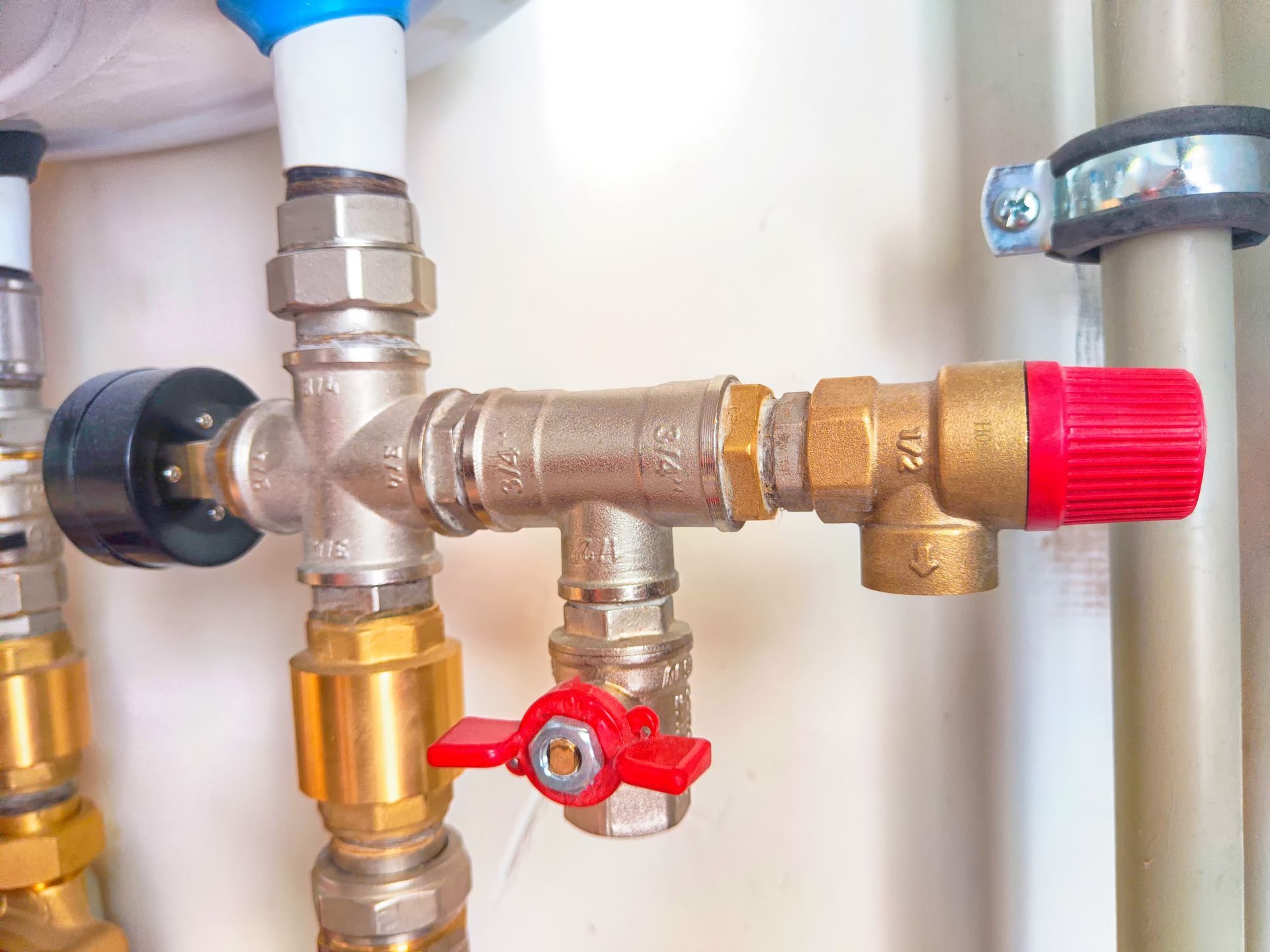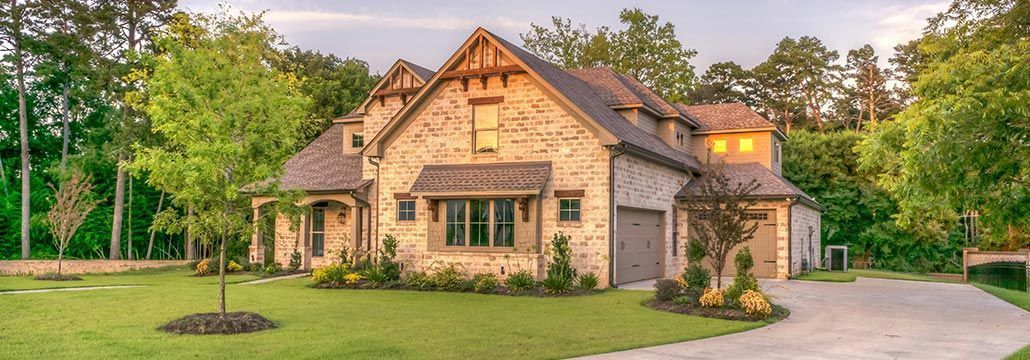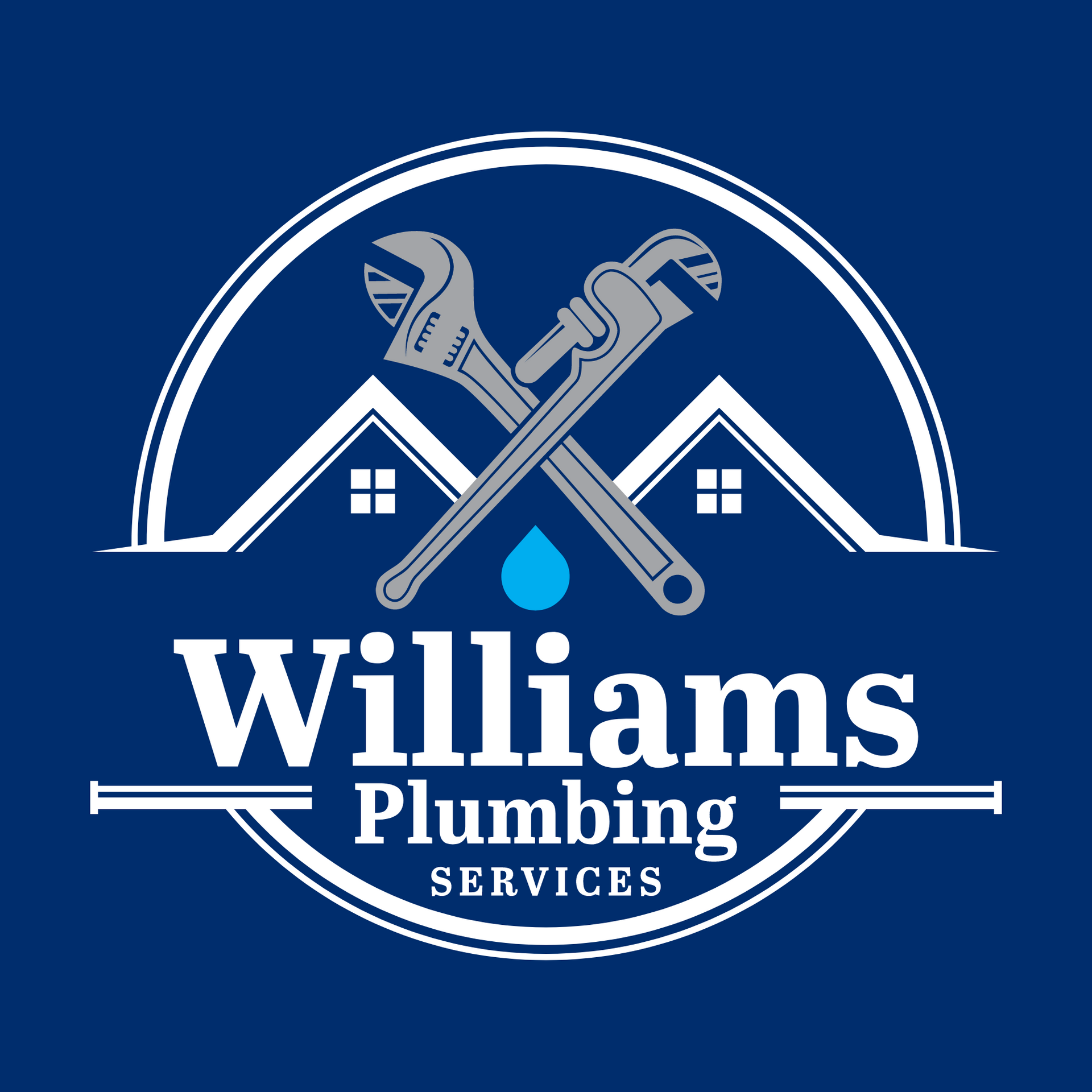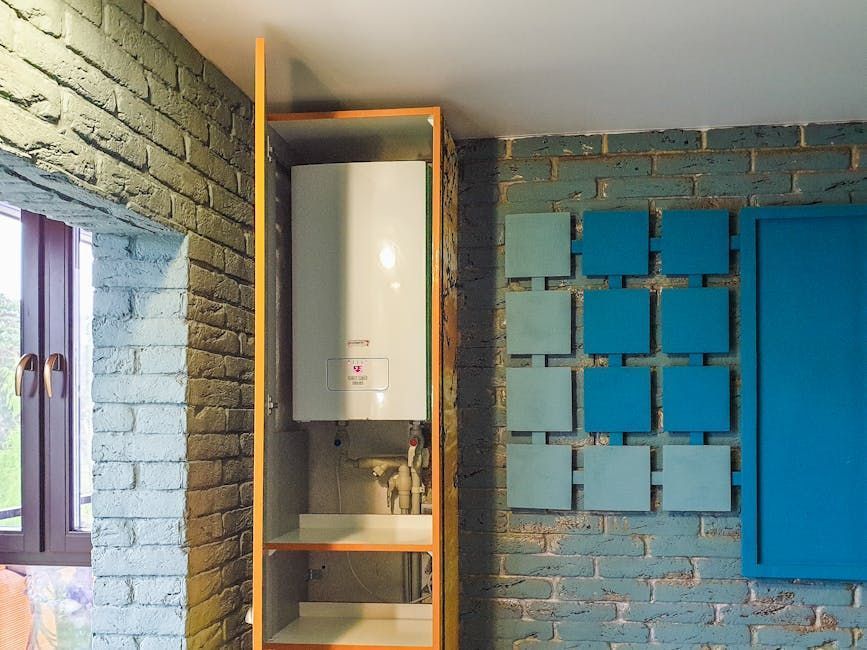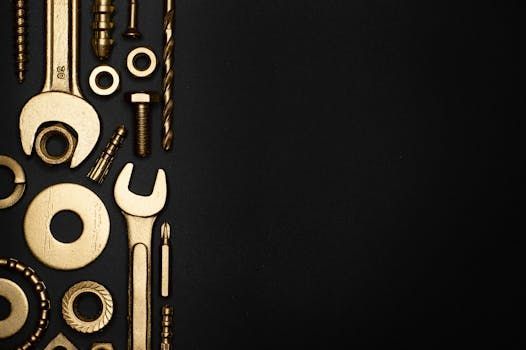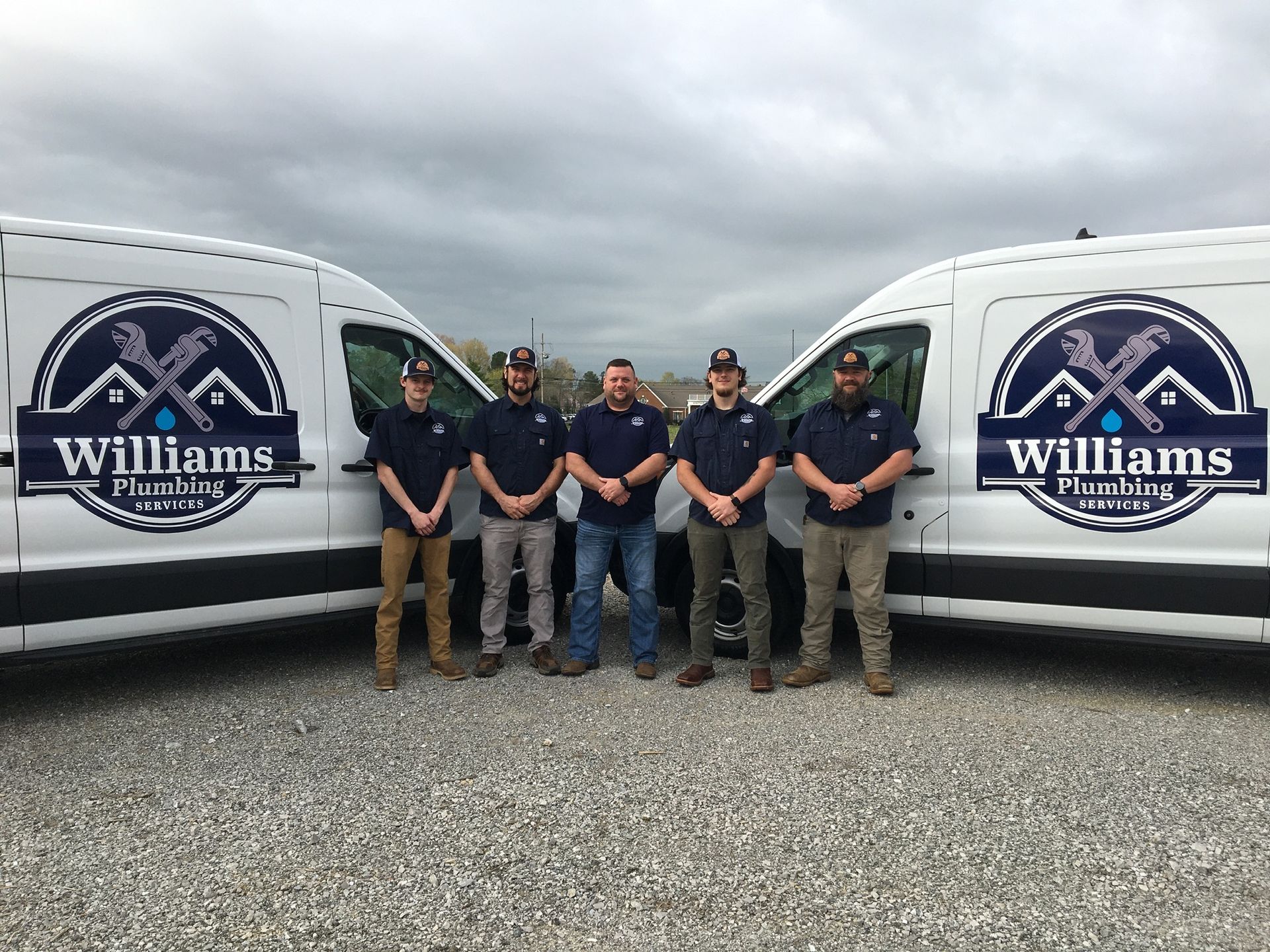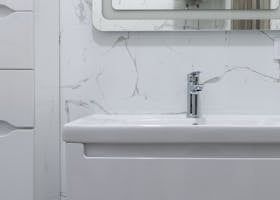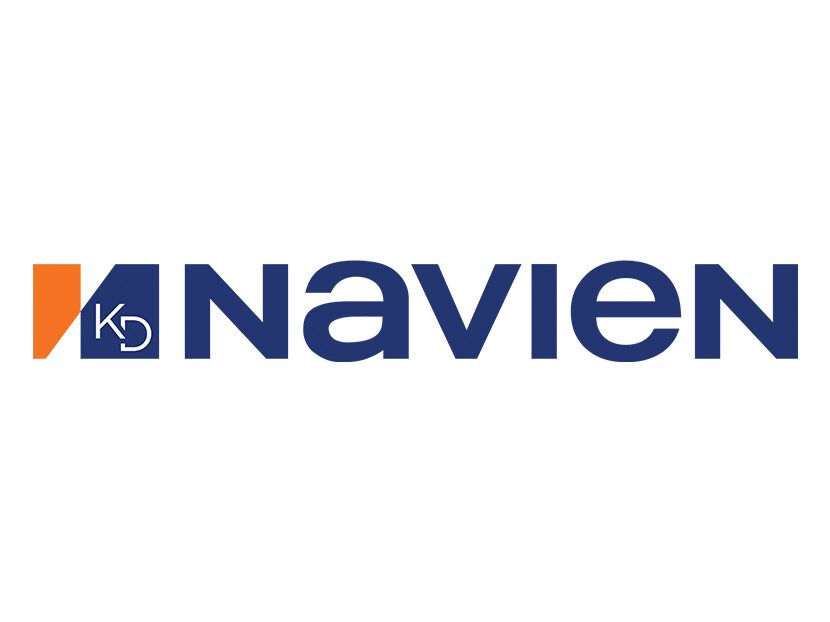Don't Skip a Drain and Sewer Line Inspection
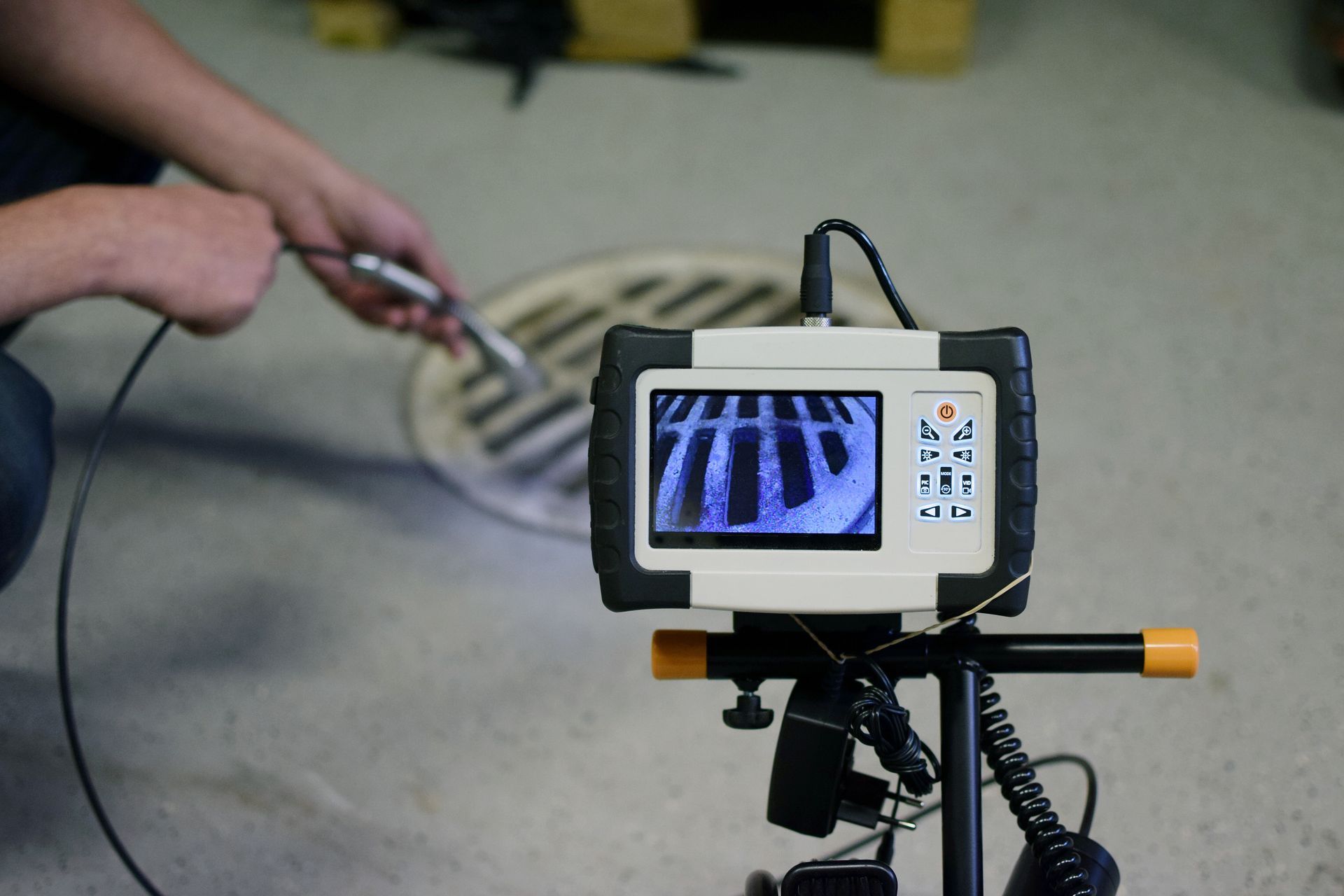
When you’re buying a home, you probably already expect to pay for an inspection that covers the foundation, roof, HVAC, electrical, and plumbing. But there’s one often-overlooked inspection that can save you thousands of dollars in unexpected repairs down the road: a drain and sewer line camera inspection.
Most traditional home inspections won’t include a deep dive—literally—into your home’s sewer and drain lines. These hidden systems are crucial to your home’s functionality, and problems with drain and sewer lines can quickly turn into messy, costly disasters.
What Is a Sewer Line Camera Inspection?
A sewer line camera inspection involves inserting a high-definition, waterproof camera into your home’s main sewer line. This camera snakes through the underground piping, sending back live video that a professional can review for blockages, damage, or other warning signs. It’s a quick, relatively inexpensive way to get an inside look at the health of your home’s plumbing system.
What Can Go Wrong Without One?
Here are a few common (and costly) problems that a camera inspection can reveal—problems you might not notice until you’ve already moved in:
1. Tree Root Intrusion
Tree roots naturally seek out moisture, and your sewer line is a prime target. Over time, roots can break into pipes, causing major blockages or even collapsing sections of the line. This kind of damage isn’t cheap to repair and can lead to serious backups in your home.
2. Cracked, Collapsed, or Offset Pipes
Older homes often have clay or cast iron sewer pipes that degrade over time. Shifting soil, corrosion, or poor original installation can lead to cracked or misaligned pipes. These issues won’t show up during a standard inspection but can cause slow drains, sewage odors, and property damage.
3. Blockages and Buildup
Grease, waste, debris, and even non-flushable items from previous owners may be lurking in the sewer line. If they haven’t yet caused a backup, they likely will. Catching buildup early can help avoid serious clogs in the future.
4. Illegal or Faulty Plumbing Connections
DIY plumbing might not meet code, and improper materials may have been used for previous repairs. A camera inspection can help identify questionable work that is likely keeping your plumbing system from functioning optimally.
5. Flood Risk
Sewer backups don’t just ruin your day—they can ruin your floors, drywall, and furniture. In worst-case scenarios, they can also pose health risks. A camera inspection helps ensure your sewer line is ready to handle daily use without backing up.
Why It’s Worth It
A camera inspection typically costs between $300–$400, depending on your area and the length of the sewer line. That’s a small price to pay compared to the $5,000–$20,000 you could spend to repair or replace a damaged sewer line after moving in, not to mention the cost and hassle of having to deal with a potential plumbing catastrophe in your home.
If problems are found during your inspection, you may be able to negotiate repairs or a price reduction with the seller before finalizing the deal.
How Williams Plumbing Can Help
At Williams Plumbing, we understand the challenges faced by many homeowners—and homebuyers—in the Chattanooga and North Georgia communities. That’s why we are committed to providing reliable, transparent services that ultimately save time and money.
Whether you’re just wanting to take preventative measures to help avoid future problems, or are in the midst of a worst-case-scenario plumbing situation, Williams Plumbing will be there every step of the way to ensure that the job is done right.
Final Thoughts
Sewer line problems are out of sight, but they shouldn’t be out of mind. A drain and sewer camera inspection gives you peace of mind, protects your investment, and can spare you from costly and unpleasant surprises after you move in. Before you sign the dotted line, make sure you know exactly what’s lurking beneath your potential new home.
To request a quote or schedule a visit, call 423-883-1490
